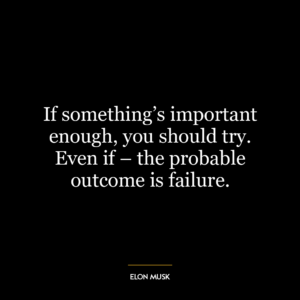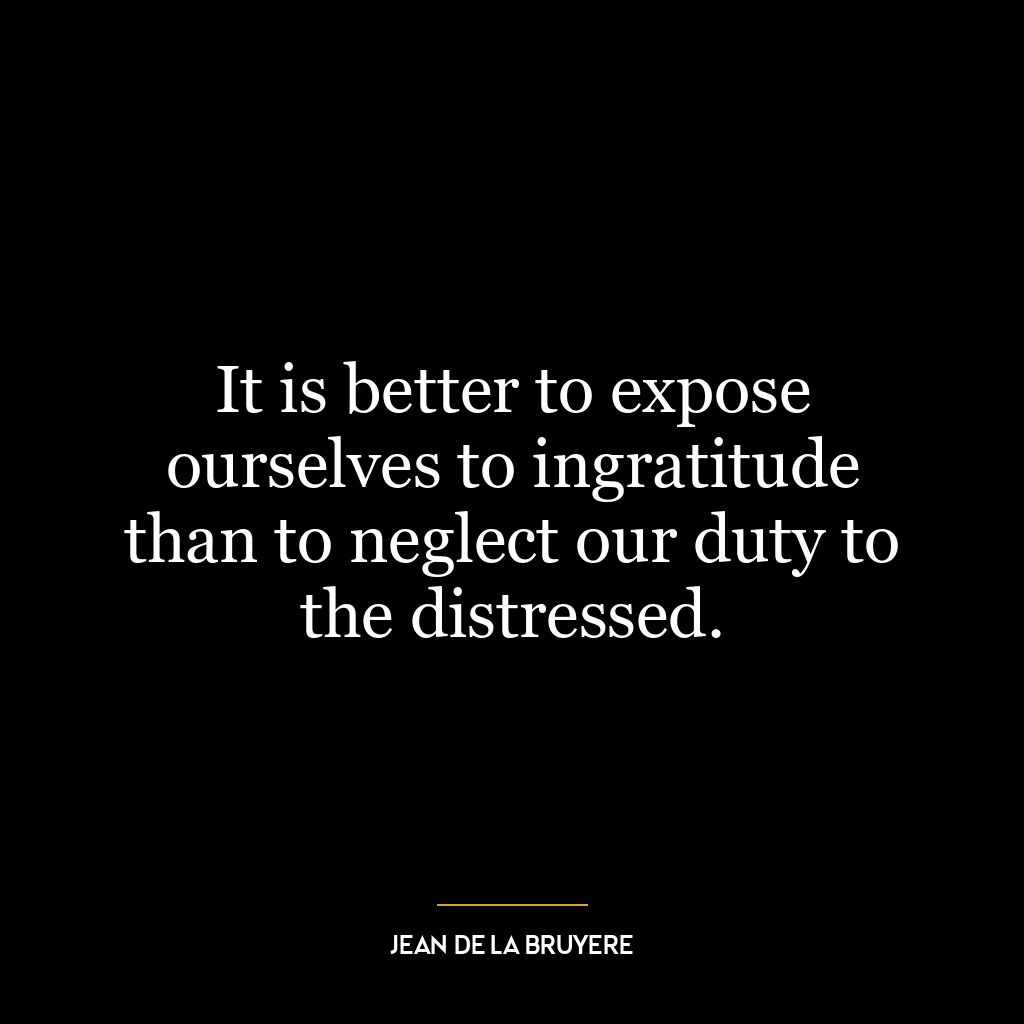My mentality is that of a samurai. I would rather commit seppuku than fail.
This quote reflects a deep commitment to success and an intolerance for failure. The reference to a samurai’s mentality and the act of seppuku provides a vivid illustration of this sentiment. Samurais were ancient Japanese warriors who lived by a strict code of honor, discipline, and loyalty known as Bushido. If they failed or dishonored themselves, they would commit seppuku – a form of ritual suicide – as a way to restore their family’s honor.
In this quote, the speaker is comparing their own mindset to that of a samurai, implying a relentless pursuit of success and a refusal to accept failure. They would rather face extreme consequences, symbolized by seppuku, than fail in their endeavors. This is a powerful statement about the lengths they are willing to go to achieve their goals.
Applying this mindset in today’s world or personal development could mean adopting a relentless commitment to achieving one’s goals and maintaining personal integrity. It suggests an unwavering focus and dedication, even in the face of adversity. It’s about holding oneself to high standards and not accepting mediocrity or defeat.
However, it’s important to note that while this mindset can drive great achievements, it can also lead to excessive pressure and stress. The idea of ‘seppuku’ should not be taken literally but rather as a metaphor for the extreme commitment to success. It’s crucial to balance this intense drive with self-care and understanding that failure is often a stepping stone to success.
In a broader societal context, this mindset could be applied to tackle global challenges. If we approach problems with a ‘samurai-like’ determination, we might be able to make significant progress in areas such as climate change, social inequality, and technological innovation. However, the same caution applies – it’s important to balance determination with empathy, collaboration, and care for the wellbeing of all involved.















